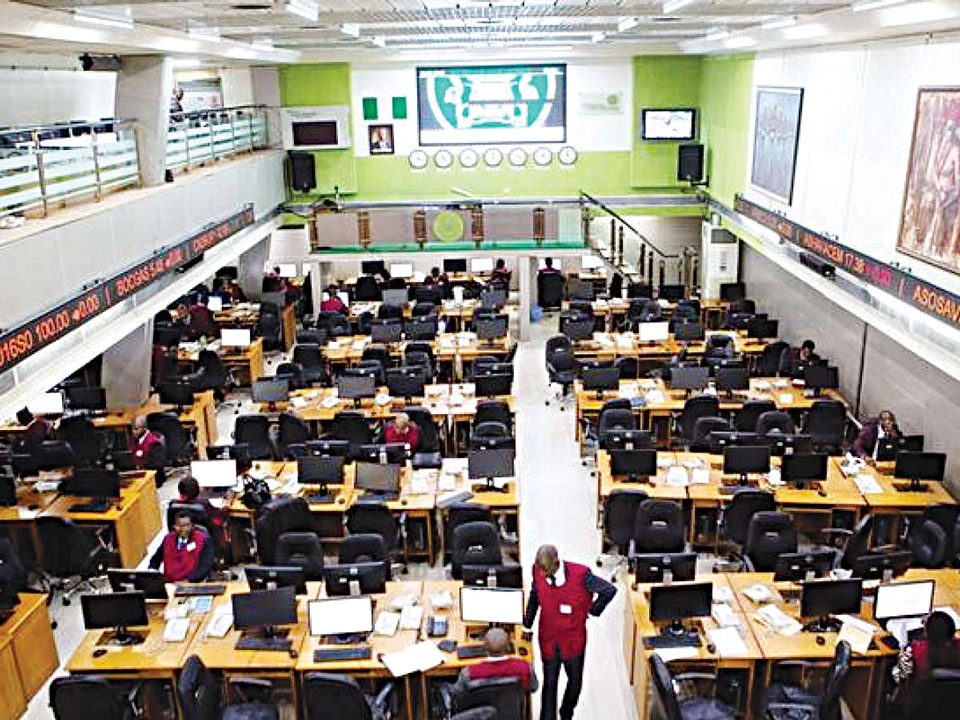Nigeria Update: Regulators seek collaboration to deepen financial inclusion, digitisation

Nigeria Update: Stocks market reopens bullish, index rises by 0.4%
October 23, 2018
Africa Update: Kenyans warned against online forex trading through unlicensed entities, what you need to know
October 23, 2018To ensure that Nigeria remained a globally competitive investment destination, there is need for capital market stakeholders to deepen collaborative efforts, and determine which emerging technologies to pursue within the local context.
This formed the highlights of discussions at the third edition of the NSE Market Data Workshop, with the theme; “Digitisation, Disruption, and Financial Inclusion,” at the weekend in Lagos.
Specifically, the Chief Executive Officer, Nigerian Stock Exchange (NSE), Oscar Onyema, said the financial industry in Nigeria has experienced tremendous transformation caused by disruptive technologies in the past few years.
According to him, digitalisation is fast gaining momentum in the capital market eco-system, even as purpose-built solutions are being developed to reduce redundancies, cut costs, and increase efficiencies for greater transparency and alpha returns.
He, however, regretted that “The overall participation of the Nigerian capital market in the fourth industrial revolution is far less than that of our counterparts in developed and emerging economies.
“To ensure that Nigeria remains a globally competitive investment destination, we need to deepen the collaborative effort among market stakeholders to determine which emerging technologies to pursue within our markets and local context. This year’s theme provides a unique opportunity to assess these three key areas of digitisation, disruptive technologies, and financial inclusion, to proffer solutions for the challenges facing our capital market.
“It is our hope that this workshop will catalyse the critical-thinking and collaborations that are required to boost the development of innovative, data-driven solutions; as well as their uptake by the investing populace.”
He argued that as emerging technologies such as artificial intelligence, cloud technology, and distributed ledger technology potentially disrupt the capital market infrastructure; access to market data would continue to improve efficiencies and transparency brought by these technologies for the advantage of non-professional investors.
Also, the Acting Director-General, Securities and Exchange Commission (SEC), Ms. Mary Uduk, said the Commission, in collaboration with the Central Bank of Nigeria (CBN), and other sister regulatory agencies, have made important contributions to financial inclusion through valuable guidance and active involvement in the National Financial Strategy (NFS). These are aimed at reducing adult exclusion from financial services to 20 per cent by 2020.
Noting that the challenge of financial inclusion is significant, she added that the nation’s capital market has a variety of powerful tools to drive progress.
Furthermore, she expressed optimism that the NSE is poised to contribute and share even more insights into the collaborative quest to make the Nigerian economy a financially-inclusive one.
Uduk described financial inclusion as an integral part of inclusive growth strategies, noting that it must be closely integrated into macro-economic and financial policies, using digitised finance mechanisms.

